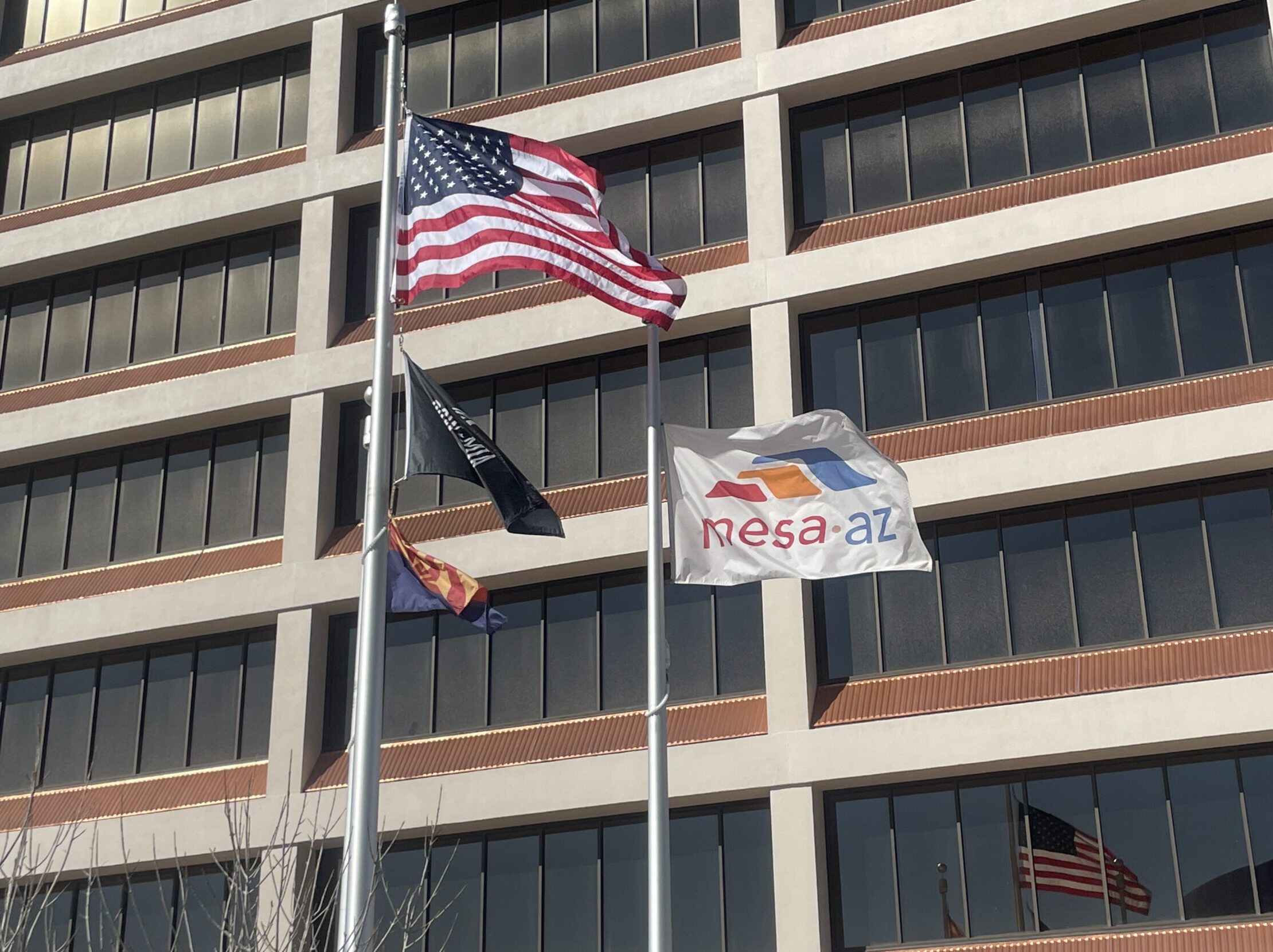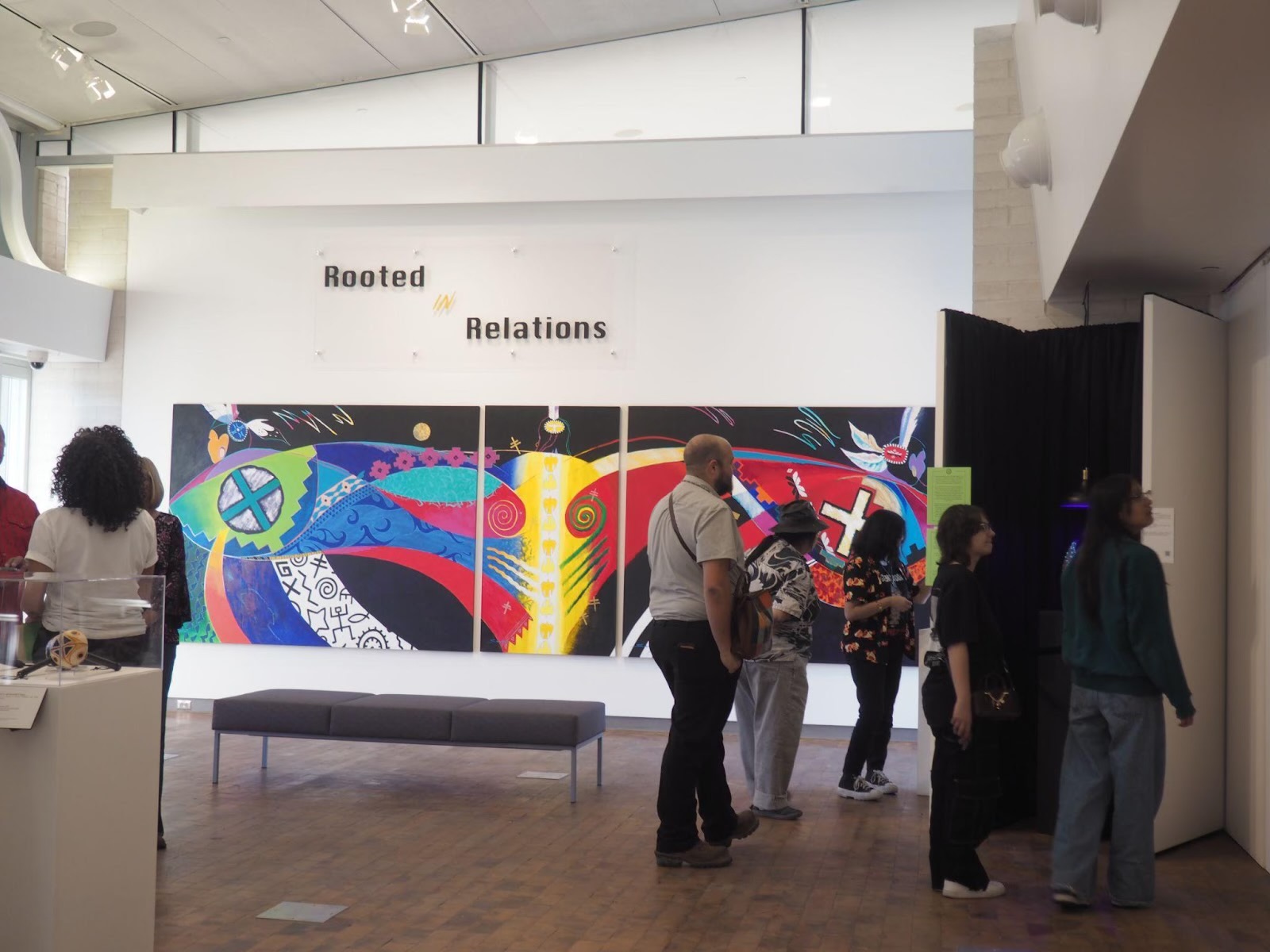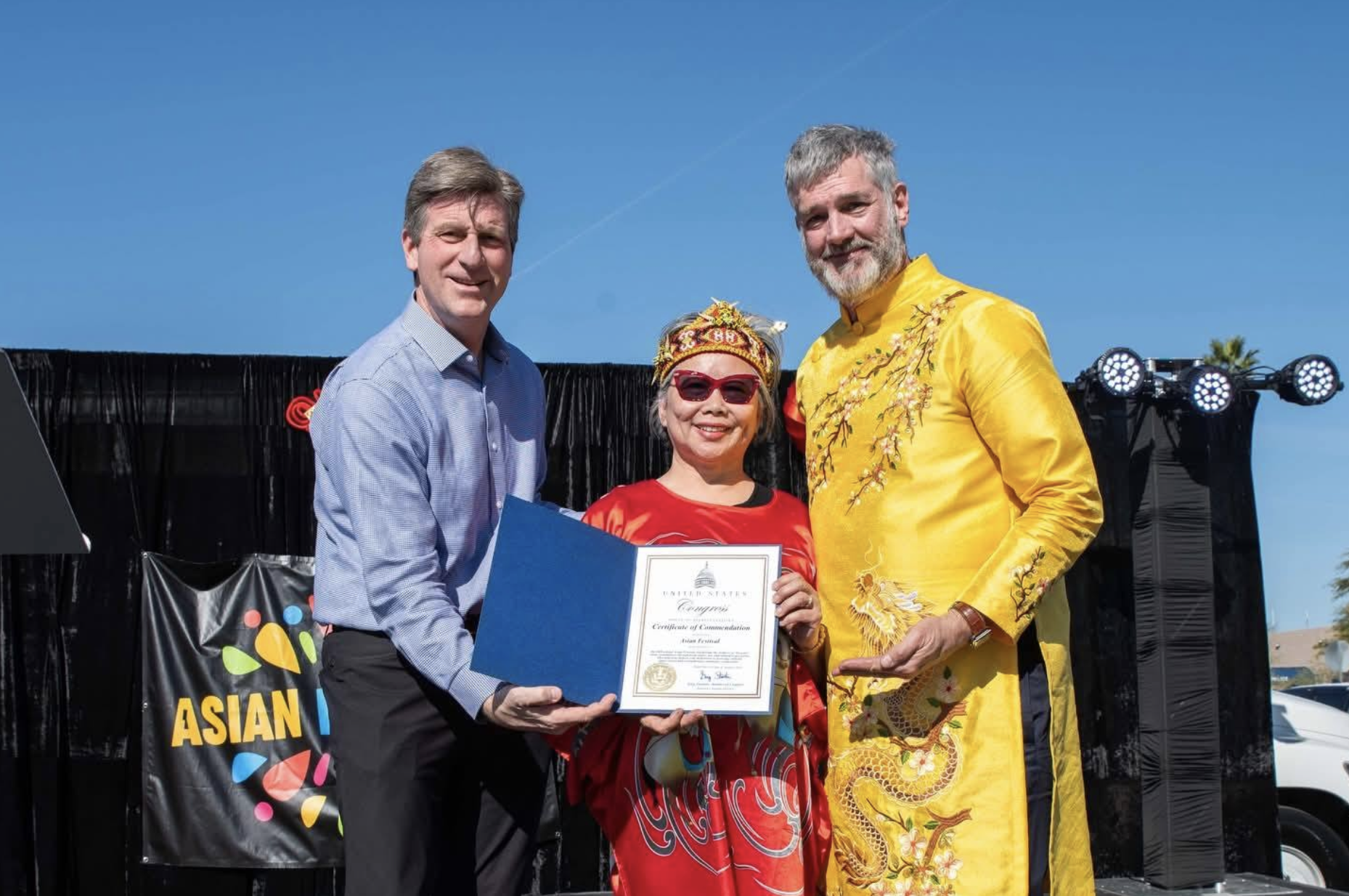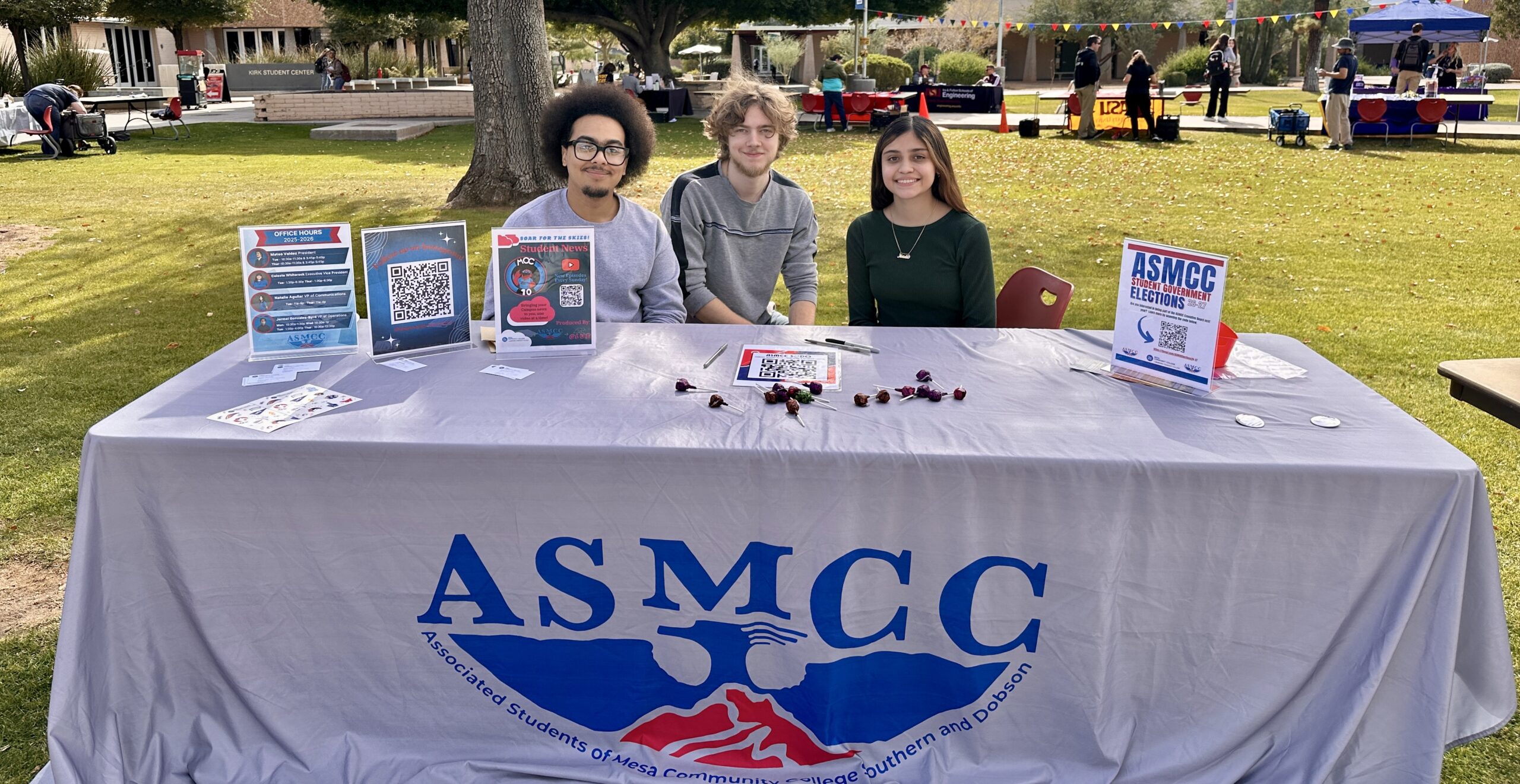Sustainable Agriculture program thrives with new funding
Students enrolled in MCC’s sustainable agriculture and horticulture programs are benefiting from an extension of The Nexus of Agriculture and Urban Tradeoffs, a USDA grant that funded state of the art equipment, internship opportunities, and the addition of a new hydroponic production class.
The grant, in conjunction with education funding bill Arizona Prop 301, has expedited the goals of the sustainable agriculture program to enable the construction of an improved greenhouse. It is now operating alongside brand-new vertical farming and hydroponic equipment.
After the pandemic delayed in-person learning, the USDA extended MCC’s grant through 2022, allowing the sustainable agriculture program to benefit from what remains of $119,000 worth of funding.
Students in the program have access to over an acre of campus land, allowing for a wide range of farming methods that create a diverse learning environment. The seasonality and rotation of the working farm enables constant evidence based learning, giving students practical experience to take into the field.
“If you can’t touch the soil, feel the soil, and see the insects, you can’t learn how to farm,” said Peter Conden, Director of Landscape Horticulture and Sustainable Agriculture programs, and designer of the recently overhauled greenhouse on the Southern and Dobson campus.
Conden took on challenging improvements during his 12 year tenure with MCC, most recently focusing on high tech advancements like sophisticated airflow systems, underground heating, and chemical distribution systems that make up a greenhouse that is entirely computerized. The greenhouse is considered a living laboratory, making it eligible for AZ Prop 301 education funding, recently renewed until 2041.
USDA funding primarily allowed for the expansion of vertical farming and hydroponics cultivation, featuring more of what Conden describes as “high intensity, high efficiency agriculture”.
Students will also have the opportunity to learn about water saving hydroponic cultivation, through the first of its kind class this semester at MCC, AGS217.
These methods are still in the early stages of development for this season, but are expected to produce enough vegetables that the excess will be sold at future MCC farmers markets. Proceeds are planned to go towards funding student field trips and class supplies.
Inclusive relationships from the agriculture industry show what Conden sees as a high demand for students in the program. “We provide students with the skills companies are looking for,” said Conden.
Part of the diversified funding sources have increased the amount of internship opportunities for students not only within MCC, but for Arizona State and University of Arizona students in programs that can benefit from MCC’s facilities.
Conden is part of an advisory board at U of A, and he plans to create transfer pathways to the university for MCC students enrolled in the sustainable agriculture program. Students in the program share an exclusivity of being the largest of its kind amongst all of Maricopa Community Colleges. Jack MacGregor, a student worker of the sustainable agriculture program since 2021, says “I’ve really enjoyed my time here, there’s nothing else like it in the valley.”











